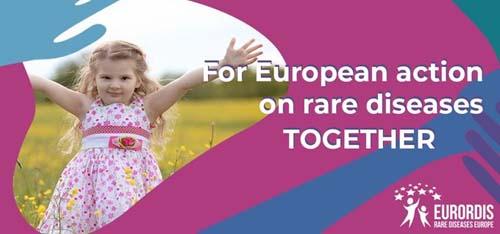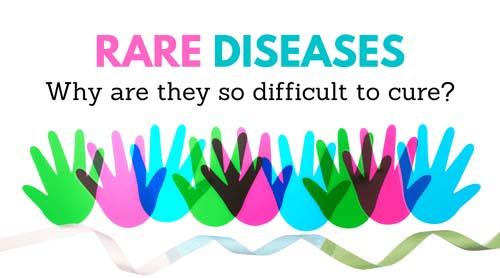
European Union needs action plan to provide better diagnoses, treatment for rare diseases
Brussels: At its conference in Bilbao, the European Economic and Social Committee (EESC) this week urged the European Union to launch a European action plan stepping up cooperation between national health systems. The main goal: to provide better diagnoses, treatment and care to patients with rare diseases.
A European strategy to give people with rare diseases the care they need in the EU Member State where the best treatment is available.

This was the EESC’s plea to the European Union and its Member States at the conference held in Bilbao on 10-11 October 2023.
The Committee urges the EU to launch a European action plan to step up European cooperation between health systems to fight rare diseases and give patients access to the most advanced knowledge and treatment wherever they are in the European Union.
Rare diseases are conditions that are usually chronic and sometimes disabling or life-threatening. There are currently over 7 000 rare diseases affecting 8% of the EU population, approximately 36 million people.

Around 80% of them are genetic, of which 70% begin in childhood. Up to 95% of these diseases have no specific treatment or cure. Examples include: amyotrophic lateral sclerosis (ALS), sickle cell and hemophilia.
The complexity of these diseases and the scarcity of data and knowledge make it difficult for patients, family members and healthcare professionals to receive a timely diagnosis, appropriate health and social care and any available treatment.
The European Union has supported policy developments and research in the field of rare diseases extensively for more than 25 years, but it needs a European strategy to fight rare diseases as no Member State can succeed alone.
The 24 European Reference Networks (ERNs), established in 2017 with the support of the European Commission, are an important milestone in European cooperation between healthcare systems and bring together some of the best professionals and researchers in the EU across almost all areas of medicine and healthcare. This makes it easier to share experience in diagnosis, provide treatments and generate knowledge and research for European patients with rare diseases.
The EESC has been supporting a comprehensive EU approach that takes into account all the needs of people living with rare diseases since 2009. In 2022, the Committee issued an opinion which reiterates this request and calls for EU solutions to mitigate the everyday impact of rare diseases in both personal and professional life.
